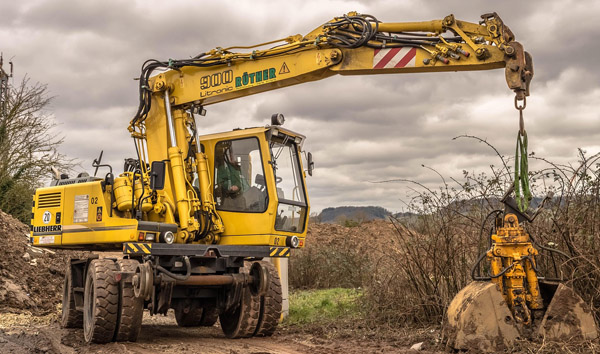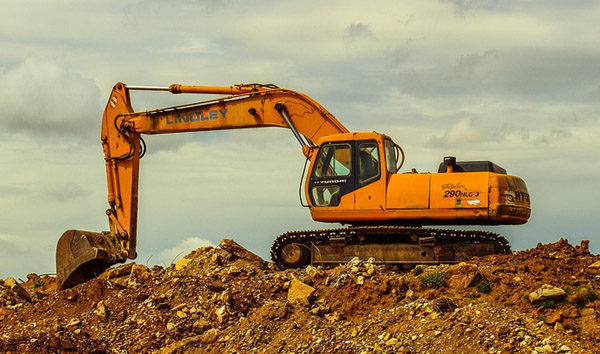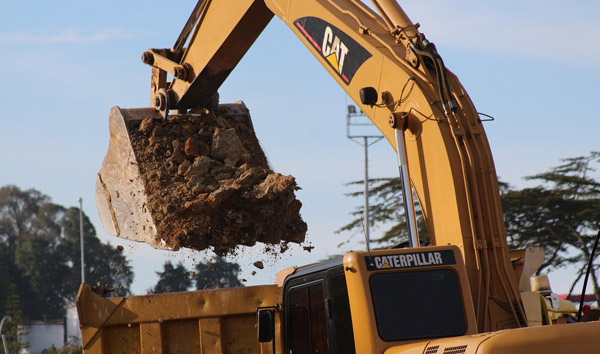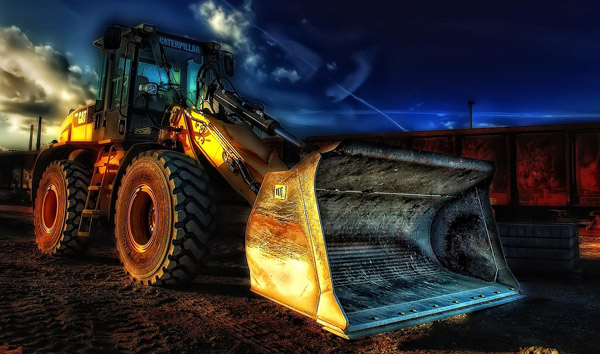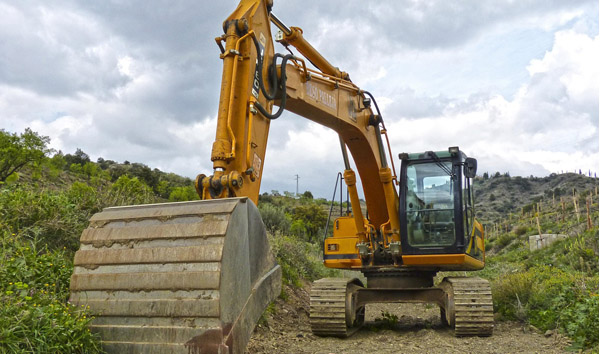Navigating the Capabilities of Modern All-Terrain Forklifts
2025-07-30 05:30:32
All-terrain forklifts are engineered to handle uneven surfaces, steep inclines, and rough outdoor conditions with precision. Key specifications include a robust chassis design, high-traction tires, and reinforced suspension systems. Industry benchmarks indicate that modern models can support load capacities ranging from 5,000 to 12,000 lbs, depending on configuration. The integration of hydrostatic transmissions ensures smooth power delivery, while advanced stability control systems minimize tipping risks on slopes up to 15 degrees.
Engine performance is a defining factor in all-terrain forklift specifications. Most units are powered by diesel or LPG engines, delivering 75–150 HP to accommodate heavy lifting in demanding environments. Emissions compliance, particularly with Tier 4 Final standards, has driven innovations in fuel efficiency, reducing operational costs by up to 20% compared to older models. Telematics systems are now standard, providing real-time diagnostics on engine health, fuel consumption, and maintenance alerts—critical for minimizing downtime in construction and logistics applications.
Terrain adaptability is another standout feature, with specifications highlighting ground clearance of 10–14 inches and oscillating axles for improved traction. All-terrain forklifts often incorporate 4WD and differential locks to navigate mud, gravel, and sand with ease. Industry tests show that these machines maintain 85% of their rated load capacity even on 30% inclines, outperforming traditional forklifts in off-road scenarios. Additionally, sealed electrical components and corrosion-resistant coatings extend service life in harsh weather conditions.
Operator ergonomics and safety are prioritized in all-terrain forklift designs. Specifications include ISO-certified cabins with shock-absorbing seats, 360-degree visibility, and intuitive joystick controls. Noise levels are kept below 80 dB for compliance with workplace regulations. Some models feature AI-assisted load sensors that automatically adjust fork speed based on weight distribution, reducing the risk of accidents. According to OSHA reports, these enhancements have contributed to a 30% decline in forklift-related incidents in outdoor settings since 2020.
Future trends in all-terrain forklift specifications point toward electrification and automation. Prototypes with lithium-ion batteries offer 8–10 hours of runtime and faster charging, aligning with sustainability goals. Autonomous navigation systems, tested in pilot programs, use LiDAR and GPS to optimize load transport in unstructured environments. As demand grows for eco-friendly and smart material handling solutions, manufacturers are investing heavily in R&D to redefine the benchmarks for all-terrain forklift performance, durability, and intelligence.




